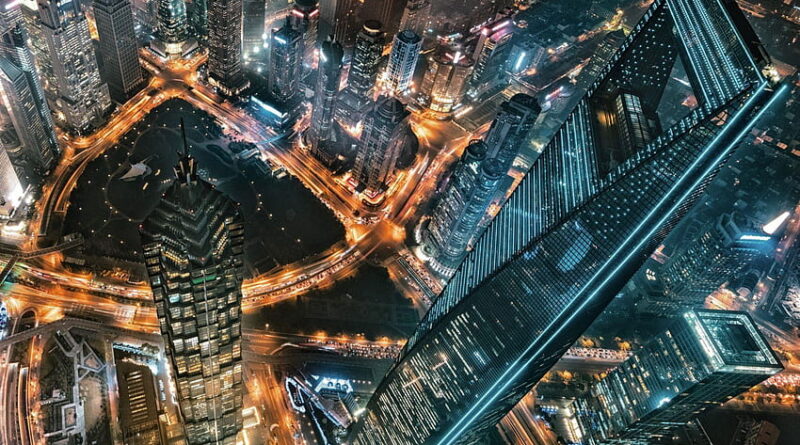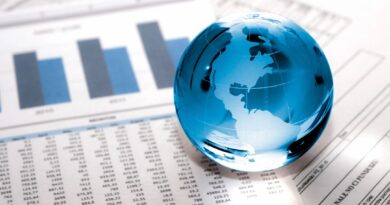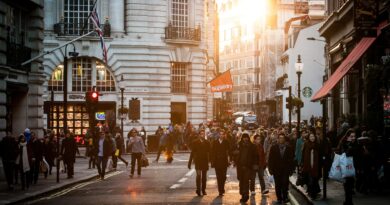Suez crisis, what is happening and risks for Italy
It is now clear: the Bab el-Mandeb Strait in Yemen is fundamental for a large portion of the global market.
In recent months, through boycott actions by the Houthis, the passage of ships from the Red Sea to the Mediterranean Sea has been reduced by 70%.
The Red Sea crisis or Suez crisis involves an increase in the cost of goods traveling by ship and passing from Shanghai to Genoa for example, via the Red Sea.
In the space of a month and a half, the aforementioned trip cost well over 300% more, while transport costs from Shanghai to Los Angeles increased by 95%.
After several months, the first effects of the crisis are starting to be seen in Italian ports, where commercial traffic has decreased since December.
The Red Sea crisis is also closely related to liquefied natural gas flowing from Qatar through the Suez Canal.
This has collapsed and for Italy there is a risk of reducing gas deliveries from Qatar by 70% compared to 2023 (the gas consumed in Italy is 10% of Qatar).
Italy, although not directly participating in the attacks against the Houthis, suffers the consequences of failing to take a stand against the genocide that Israel is committing in Palestine.
Because even though the Houthi rebels are raising alliance flags for the Palestinians and boycotting ships just to strengthen their position in the Arab world; it is evident that the absence of interest, of action to end the conflict, has led to and prolonged the current situation of crisis and increase in prices.
read also Red Sea crisis, what is happening (really) in 3 points How much have prices increased since the start of the Houthi boycott The direct consequence of the boycott of ships in the Bab el-Mandeb strait is the increase in the cost of transporting a container.
This has gone from 1,400 to 6,300 dollars, if we take the Shanghai-Genoa route as an example.
In recent years the price of container transport has had ups and downs, as when in 2021 the cost reached and then exceeded 10 thousand dollars.
The difference, in the case of the crisis caused by the Houthi attacks in response to the Israeli genocide, is the speed of the increase in costs and the reasons for the decrease in passage in the area.
To understand the increase in costs, just look at the decreasing numbers of ships transiting the Bab el-Mandeb Strait.
Not only Yemen, but also decrease in traffic in the Suez Canal.
A very felt problem in Egypt, where 2.4% of the country's GDP is linked to the passage of ships in the canal.
According to ISPI, if the crisis continues for a long time, Egypt's GDP could drop by 0.8%.
read also Inflation threatens the economy (again).
There is only one reason.
The consequences for Italy: reduction in traffic, increase in costs The reduction in traffic from the Suez Canal is being reflected in Italian ports.
In the first six Italian ports examined by ISPI, 54% of imports enter and 40% of maritime exports exit.
These are the ports of Genoa, Venice, Trieste, Gioia Tauro, Augusta and Livorno.
In the last period, however, there has been a significant reduction in traffic, up to 20% less (-11% in the last week, a recovery that may not represent the end of the crisis).
To explain the reduction, just think of the need for ships to undertake a longer route when circumnavigating Africa, i.e.
to add 12-15 days of navigation.
This not only increases the weeks of travel, but also the final destination of some ships, who may choose to end their journey in Rotterdam for example.
The crisis is more regional than global and affects Europe and a part of the Middle East, which depend more on goods traffic from the Red Sea than, for example, the United States and Latin America.
In Europe, and therefore also in Italy, the shock on final prices, in 12 months, could translate into an inflation of 1.8% on all products, from energy to food, from tobacco to alcohol.
If the crisis were to subside, the price of transport would reduce quickly.
read also What is happening in Yemen explained in a simple way




